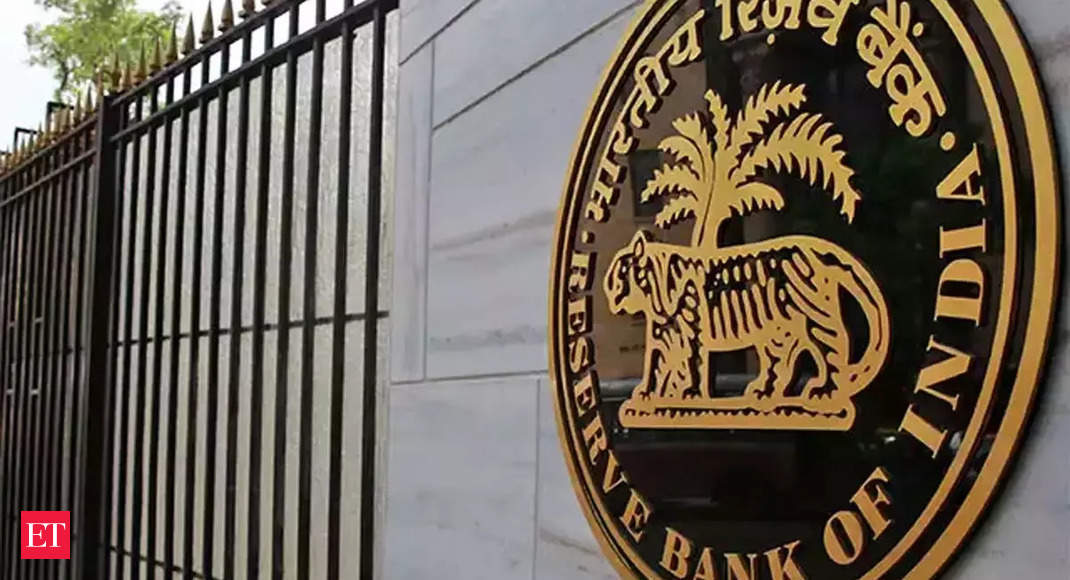The Reserve Bank of India (RBI) has signaled that it is likely to soon return the impounded funds due to the temporary hike in the cash reserve ratio (CRR). In its August monthly bulletin, RBI stated that the intent is to return the impounded funds ahead of advance tax outflows from the banking system and well before the pick-up in the demand for bank credit that typically characterizes the second half of the year. The due date for payment of the second installment of advance tax for corporates and individuals is September 15th. The temporary hike in CRR was a surprise move by the central bank during its latest monetary policy review. Banks were asked to maintain an additional CRR of 10% on an increase in deposits between May 19 and July 28. The incremental CRR will withdraw over one trillion rupees ($12.08 billion) from the banking system, according to RBI Governor Shaktikanta Das. The RBI will review this measure before September 8, ahead of the Indian festive season when currency in circulation typically increases and banking liquidity declines. The move is intended to absorb liquidity added to the banking system due to a return of 2000-rupee denomination notes. The governor assured that even after this temporary impounding, there will be adequate liquidity in the system to meet the credit needs of the economy. The RBI also stated that the risk of stagflation, a period of weak growth and high inflation, remains low in India despite a sharp uptick in prices. India’s annual retail inflation rose sharply to a 15-month high of 7.44% in July, fueled by a sharp jump in vegetable and cereal prices. The figures breached the upper end of RBI’s inflation band of 2%-6% for the first time in five months. High-frequency food price data for August shows prices of cereals and pulses continued to increase. Download The Economic Times News App to get daily market updates and live business news.
RBI Signals Intent to Soon Return Funds Sucked Via Incremental CRR Hike











